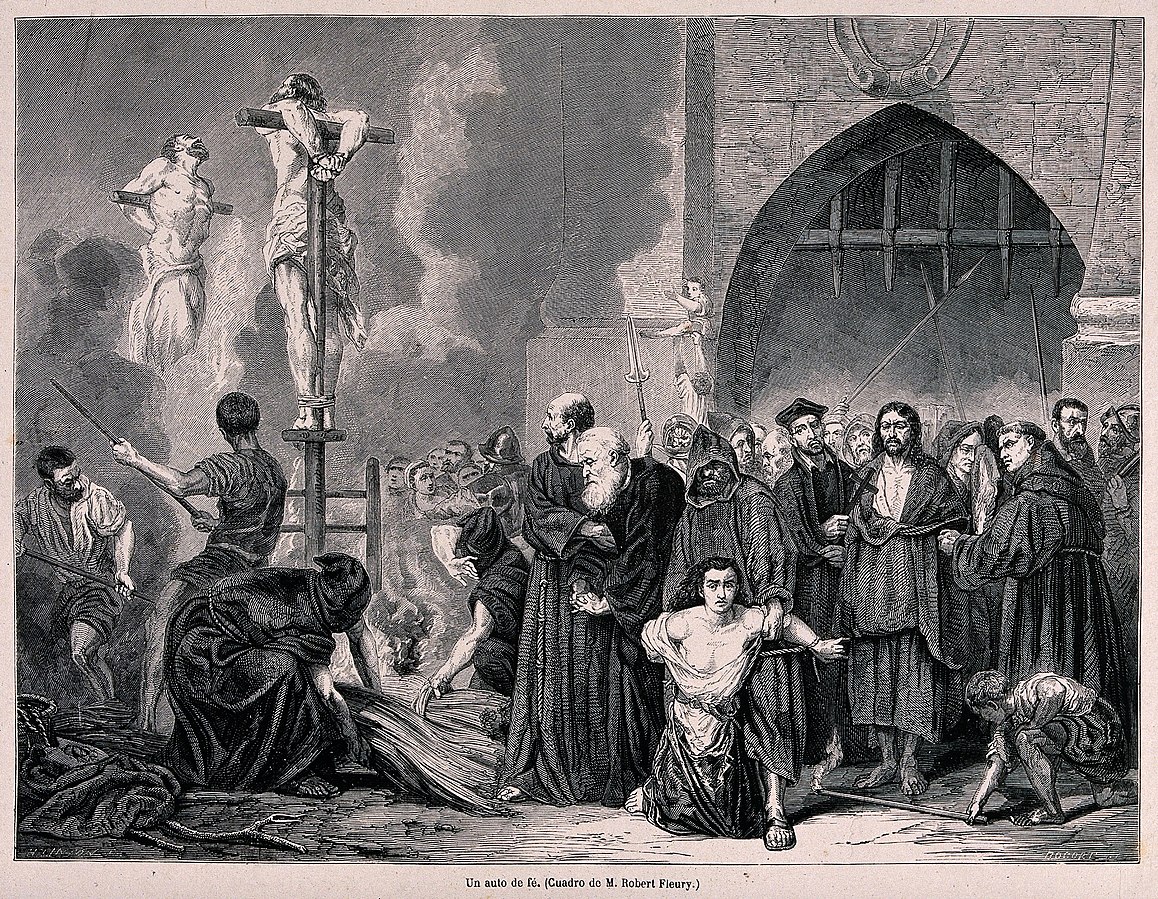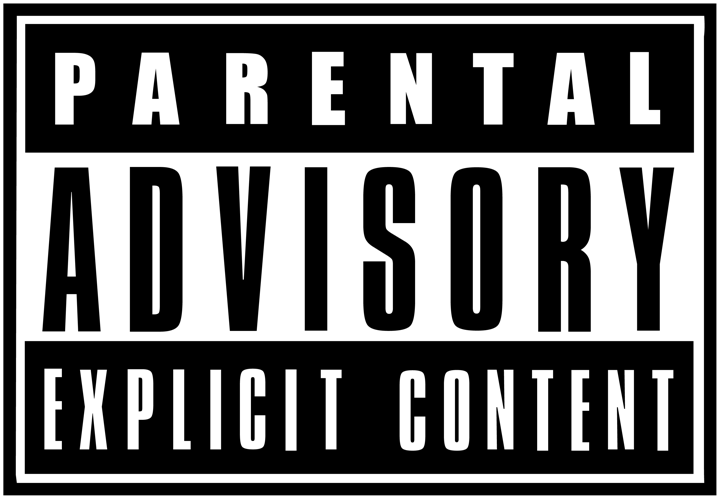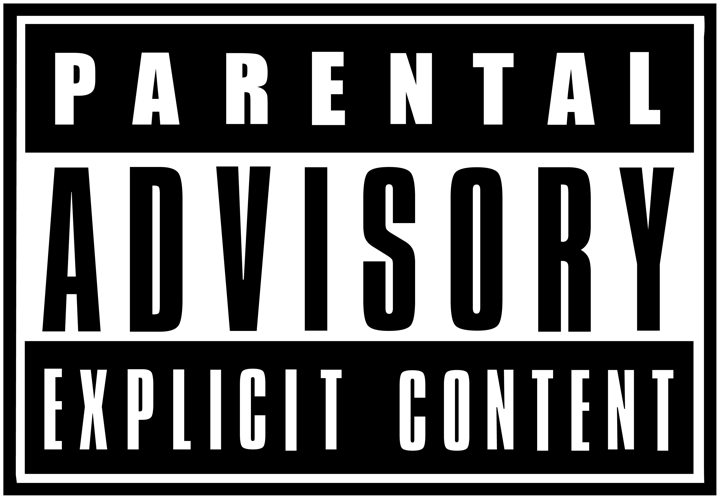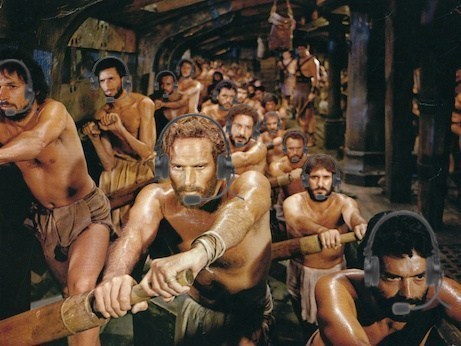
“Take Me To The River”
Talking Heads’ performance in “Stop Making Sense”
1984
byrneinmotion.tumblr.com/post/641031083…
Talking Heads’ performance in “Stop Making Sense”
1984
byrneinmotion.tumblr.com/post/641031083…
“Take Me To The River”
Talking Heads’ performance in “Stop Making Sense”
1984
byrneinmotion.tumblr.com/post/641031083…
Talking Heads’ performance in “Stop Making Sense”
1984
byrneinmotion.tumblr.com/post/641031083…
“Take Me To The River”
Talking Heads’ performance in “Stop Making Sense”
1984
byrneinmotion.tumblr.com/post/641031083…
Talking Heads’ performance in “Stop Making Sense”
1984
byrneinmotion.tumblr.com/post/641031083…
“Take Me To The River”
Talking Heads’ performance in “Stop Making Sense”
1984
byrneinmotion.tumblr.com/post/641031083…
Talking Heads’ performance in “Stop Making Sense”
1984
byrneinmotion.tumblr.com/post/641031083…
• • •
Missing some Tweet in this thread? You can try to
force a refresh










